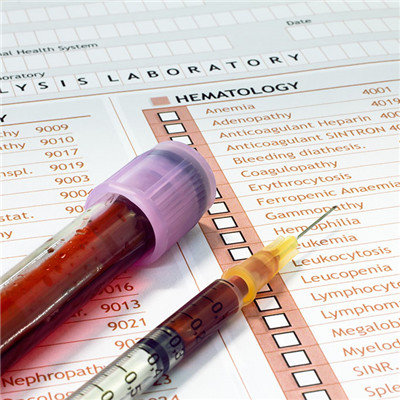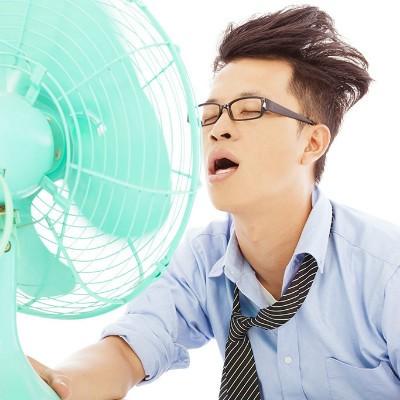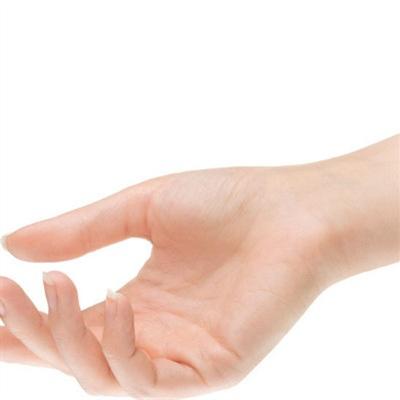How does thin basement membrane nephropathy do?
summary
Thin basement membrane nephropathy is also known as familial recurrent hematuria, benign familial hematuria, familial hematuria syndrome and familial recurrent hematuria syndrome. It is characterized by recurrent hematuria, normal renal function and positive family history. The pathological feature is thinning of glomerular basement membrane. How does thin basement membrane nephropathy do? Next, I'd like to share my views with you.
How does thin basement membrane nephropathy do?
The long-term prognosis of this disease is good. A few patients with progressive renal failure often find focal segmental glomerulosclerosis in renal biopsy, which may occur at the same time. For patients with repeated gross hematuria or low back pain, ACEI drugs may be beneficial, or may reduce the intraglomerular pressure.
Thin basement membrane nephropathy generally does not need drug treatment, basically does not affect life. However, for patients with large amount of proteinuria (more than 500-1000 mg / D), especially for patients with elevated blood pressure and / or elevated serum creatinine or decreased EGFR, it is recommended to give angiotensin II enzyme inhibitor or angiotensin II receptor blocker. It can reduce urine protein to a certain extent.
Thin basement membrane nephropathy is not self-healing, but it does not need treatment. At present, there is no radical treatment for thin basement membrane nephropathy, but it does not affect renal function and quality of life.
matters needing attention
If you are vegetarians, you should eat more soy to supplement protein. If you can drink milk, you should pay attention to 300 ml milk every day to avoid calcium deficiency; Pay attention to the staple food, do not only eat rice and white flour, with beans, potatoes, pumpkins and other alternative part of the staple food;















